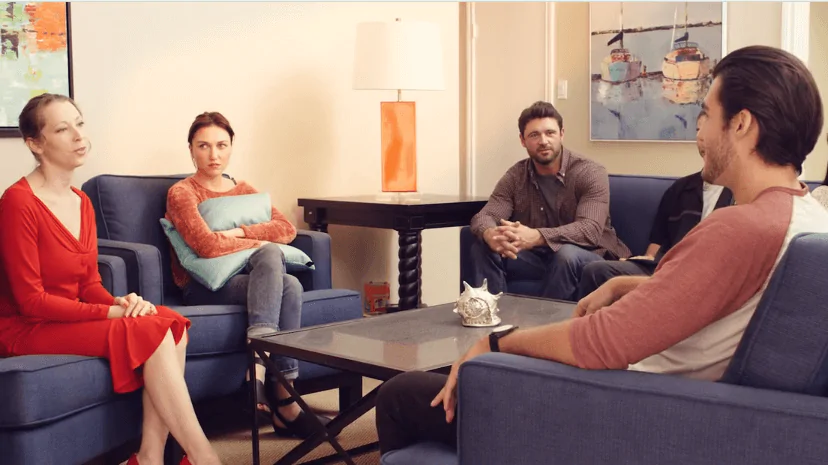24/7 Helpline:
(866) 899-221924/7 Helpline:
(866) 899-2219
Learn more about PTSD Rehab centers in Mecosta County

Other Insurance Options

Absolute Total Care

Holman Group

Premera

Aetna

Access to Recovery (ATR) Voucher

Providence

Anthem

Amerigroup

UMR

Multiplan

Medical Mutual of Ohio

Highmark

ComPsych

MHNNet Behavioral Health

Kaiser Permanente

BHS | Behavioral Health Systems

EmblemHealth

Health Partners

CareFirst

United Health Care

Ten16 Recovery Network
Ten16 Recovery Network has a proud history of providing services to people impacted by substance use...

Community Mental Health Services
Community Mental Health Services is a public rehab located in Big Rapids, Michigan. Community Mental...

Nova Counseling Associates
Nova Counseling Associates is a private rehab located in Big Rapids, Michigan. Nova Counseling Assoc...





























































































































